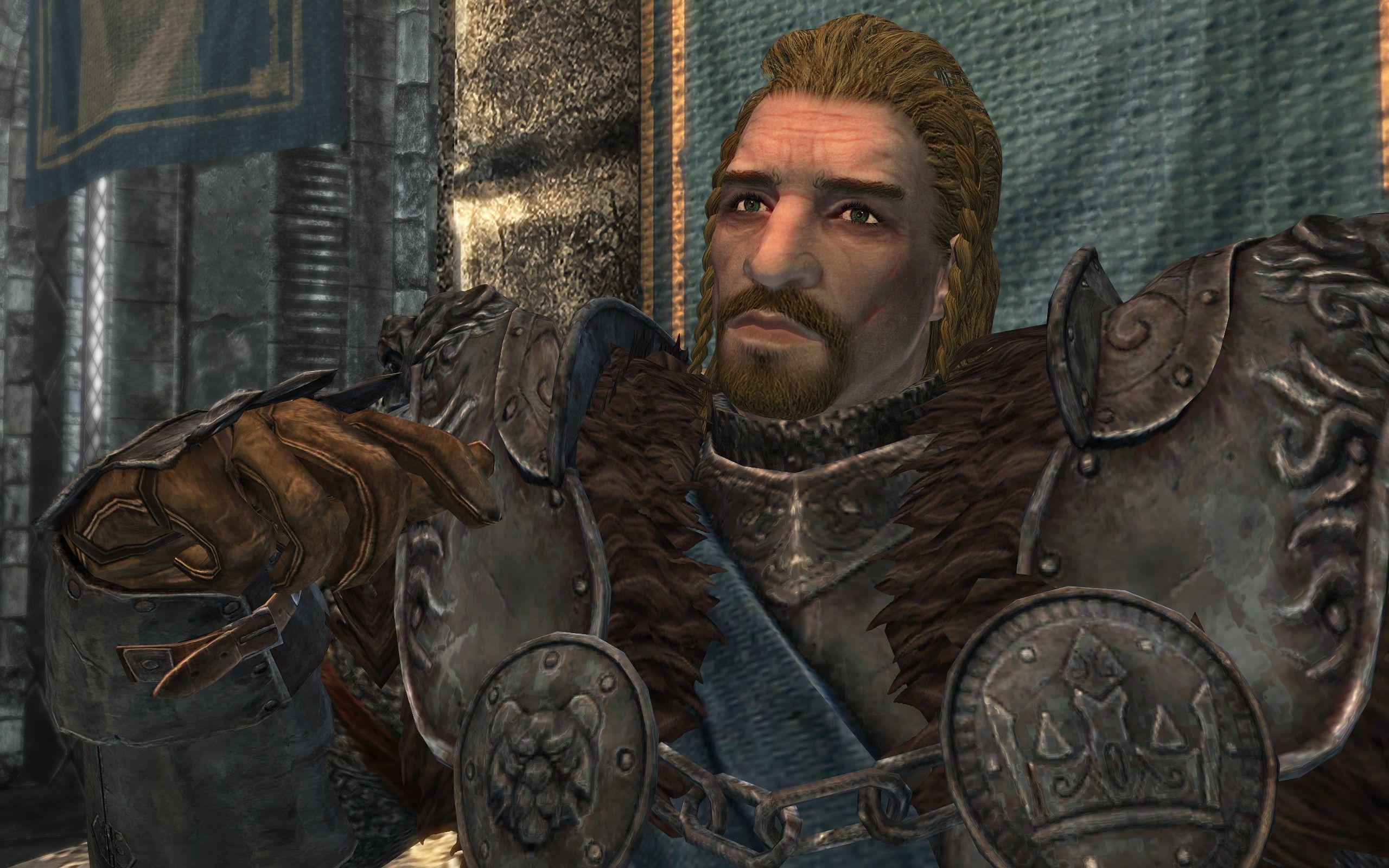A California court has ordered X to reveal the identities of four Genshin Impact leakers to publisher Cognosphere, saying the company’s concerns about First Amendment protections are unwarranted.
As reported by TorrentFreak, in November 2023 Cognosphere obtained a DMCA subpoena compelling X Corp to “disclose the identity, including the name(s), address(es), telephone number(s), and e-mail addresses” of the person or people behind four Twitter accounts: @HutaoLoverGI, @GIHutaoLover, @HutaoLover77, and @FurinaaLover.
X refused to comply, essentially saying it wanted more than a DMCA subpoena signed by a clerk to compel it to take action, and asking for a court ruling to determine whether the claim is “sufficient to satisfy any First Amendment free speech safeguards applicable to the anonymous speakers.”
Now a court has, and it is. In a ruling released last week, the judge on the case said the speech in question—that is, the leaked Genshin Impact material—is not “core First Amendment expression,” and that Cognosphere acted in good faith and “has sufficiently shown a prima facie case of copyright violation” in its request for the DMCA subpoena.
X’s request to quash the DMCA subpoena is thus denied, and it will have to comply with the request.
This isn’t the first time Cognosphere has moved aggressively to uncover the identities of Genshin Impact leakers on social media platforms. In 2021, after dataminers began sharing information about an upcoming Genshin Impact update, Cognosphere warned it would “increase its efforts to deal with illegal disclosures,” and in 2022 it followed through, filing suit against Discord to compel it to reveal the identity of the leaker known as Ubatcha.
The denial in this particular case comes with what strikes me as a rather unusual rebuke of X’s lawyers, effectively calling on them to stop wasting the court’s time. “Finally, the Court notes that X Corp. has expressed the view that, in the face of a DMCA subpoena, X Corp. is unable to comply with the subpoena on its own volition, and that X Corp. is somehow required to file a motion to quash (or force the party seeking discovery to file a motion to enforce the subpoena) in virtually every instance,” judge Peter H. Kang wrote in the conclusion of the ruling.
Kang noted that lawyers have “ethical and professional duties to assert objections and refuse compliance with a subpoena only when well-grounded and justified,” and that they also “have duties not to unnecessarily multiply the proceedings.” Matters of discovery generally proceed “without the need for constant court intervention,” he continued, and X’s position that it must always seek to have a DMCA subpoena quashed “is not well-supported by citation to law.”
“There is nothing in the text of the DMCA which prohibits reasonable resolution of DMCA subpoena disputes, in appropriate circumstances, without the need for a contested motion,” Kang wrote. “Where X Corp. is presented with a DMCA subpoena which credibly and reasonably seeks information relating to accounts accused of facially undeniable direct copyright infringement, such as the instant matter, the Court expects that X Corp. and its able counsel (both in-house counsel directing this matter and outside counsel of record) will respond and seek collaborative resolution appropriately to seek the economical, efficient, and reasonable determination of DMCA actions such as the instant matter.”





